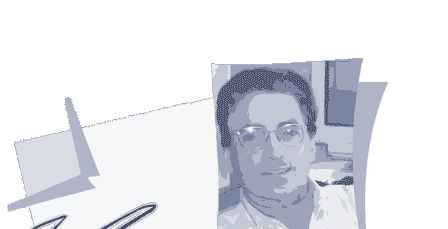INTERNATIONAL HERALD TRIBUNE
LETTERS
TO THE EDITOR
Published: FRIDAY, APRIL 19, 1996
Mr. Goldhagen's thesis is hardly original. It is just a more virulent
version of the old collective guilt idea — a historically
and morally detestable category.
As a Fulbright graduate fellow in Germany in 1971-72, I interviewed
hundreds of Wehrmacht rank and file and thousands of average Germans
on the question of who knew what when about the Holocaust. I thoroughly
disagree with Mr. Goldhagen.
There is a long way between knowing that the German state was
anti-Semitic and knowing about the Final Solution, which after
all was a state secret. The transcripts of the Nuremberg trials
reveal that the prosecutors found it altogether plausible that
the bulk of the German people knew little or nothing about Auschwitz
and the death squads.
Moreover, the use of special language — "evacuation"
rather than "elimination" — and the location of
all extermination camps outside the Reich were logical measures
to limit knowledge about the murders. Of course, some Germans heard
rumors and others saw trains transporting Jews to the East. But
who in 1943 or 1944 could have guessed that the Jews were going
to their deaths instead of being sent to labor camps to support
the German war effort?
The California citizen who saw his Japanese-American neighbors
shipped off to internment camps in 1942 did not assume that they
would be killed and, of course, they were not.
Everyone knows about the Holocaust today, but let us not be anachronistic
and assume, without solid evidence, that the German people knew
about or approved of this monstrous and insane extermination policy.
Such an assumption is tantamount to the defamation of a people
as a race of murderers and comes close to what the Germans call
Volksverhetzung — inciting the people to racial hatred.
ALFRED DE ZAYAS.
Geneva.
|






